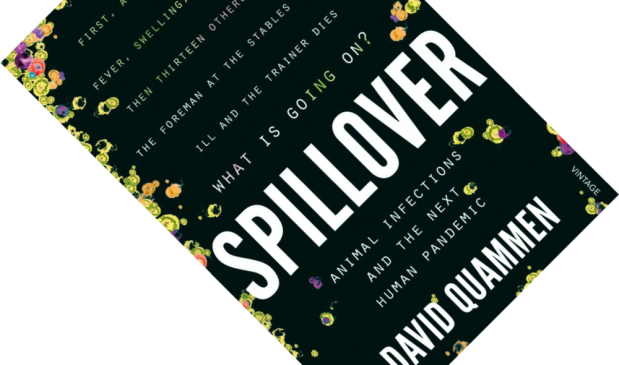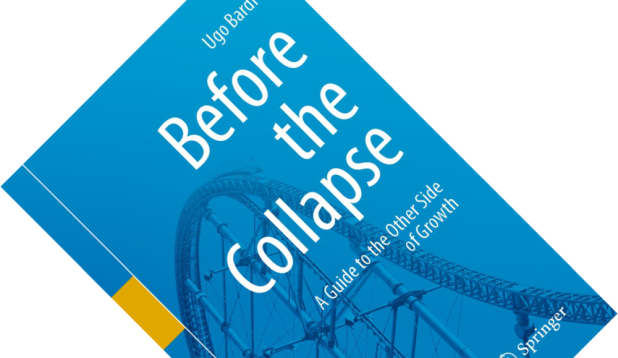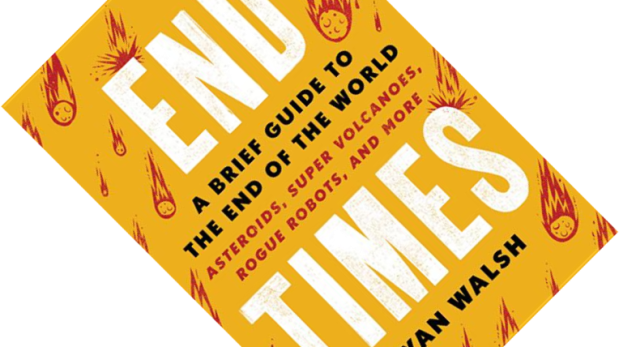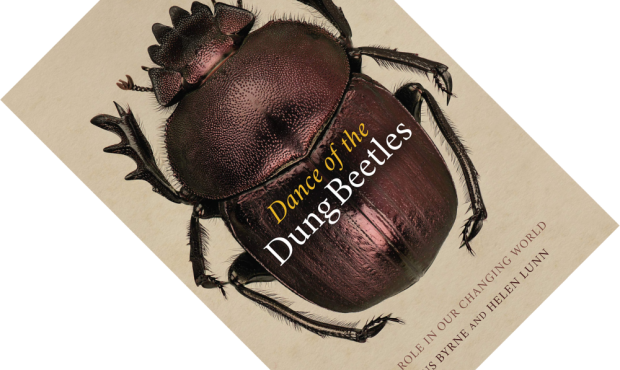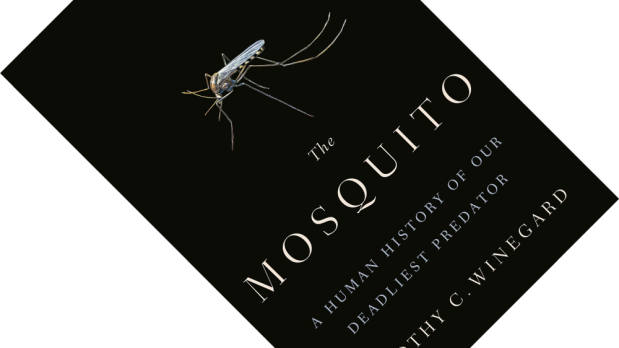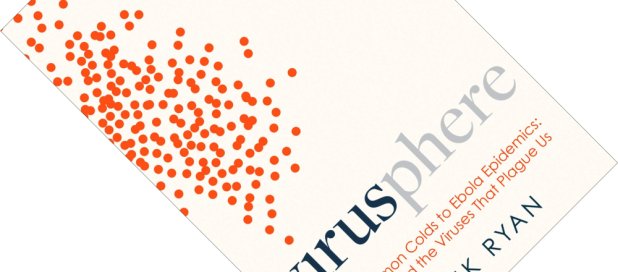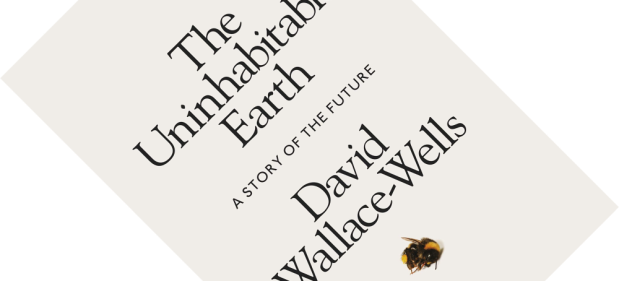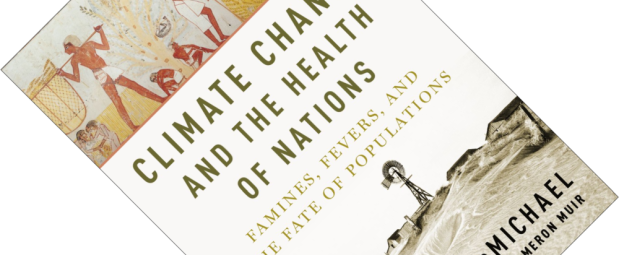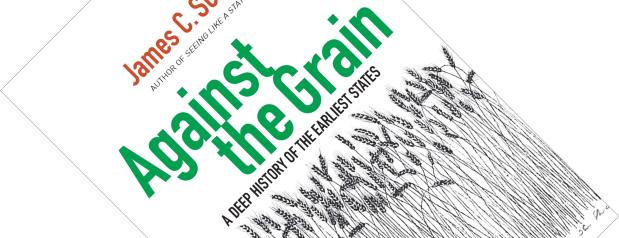7-minute read
Some books, it seems, sit on your shelf just waiting for the right moment. David Quammen’s Spillover may have been published back in 2012, but it eerily foreshadows the 2019-20 coronavirus pandemic that currently keeps the world in its grip, and provides many insights. Right now, most people are of course concerned with the direct impact on public health and their jobs. While we try to slow down the spread of this disease, the global economy is taking a nosedive as country after country goes into lockdown. Once we come out on the other side though, there will be deeper questions to be asked. Could this happen again? How do we prevent that? And what the actual fuck just happened? Let Quammen be your guide, for, as he will show, everything comes from somewhere…

